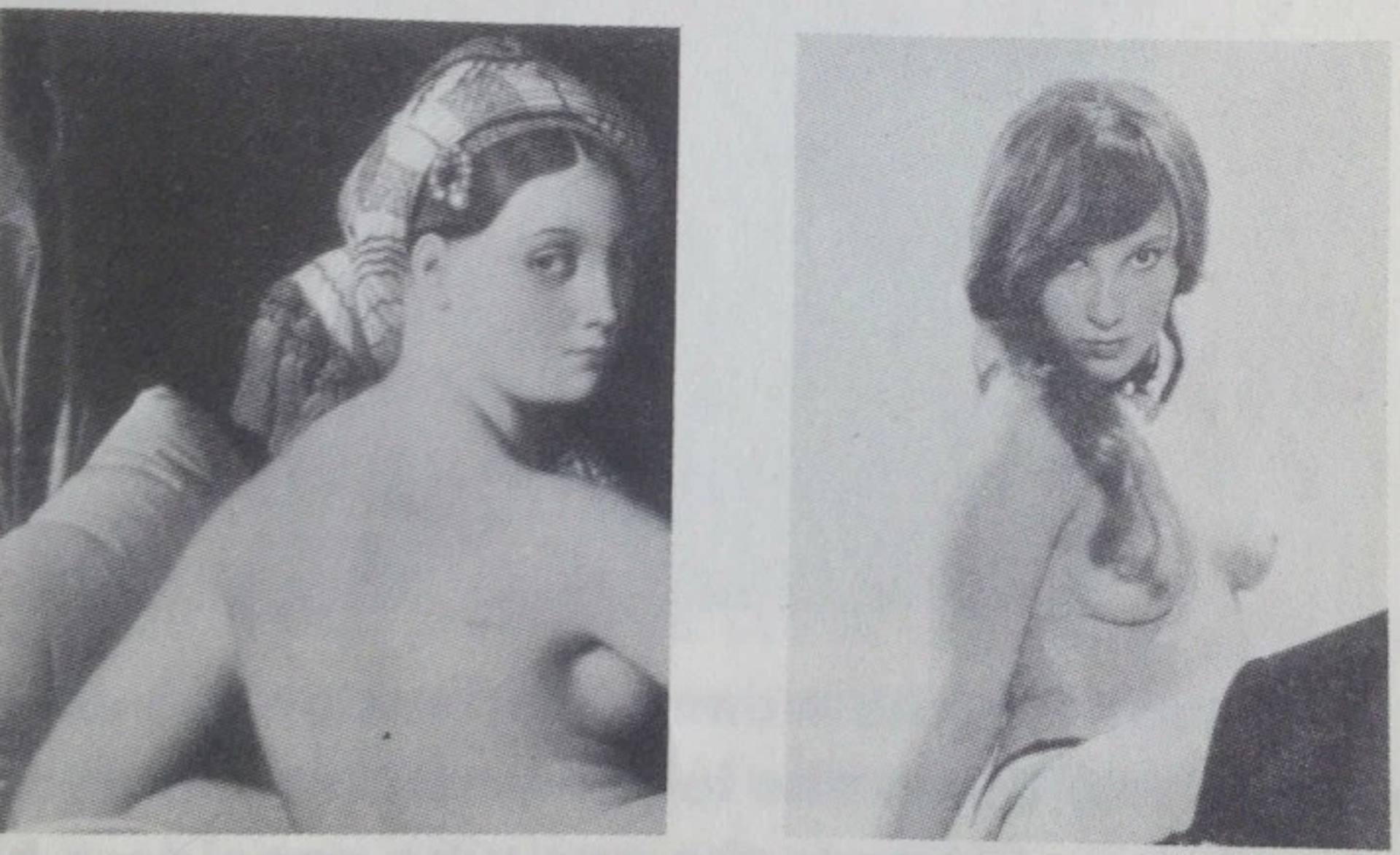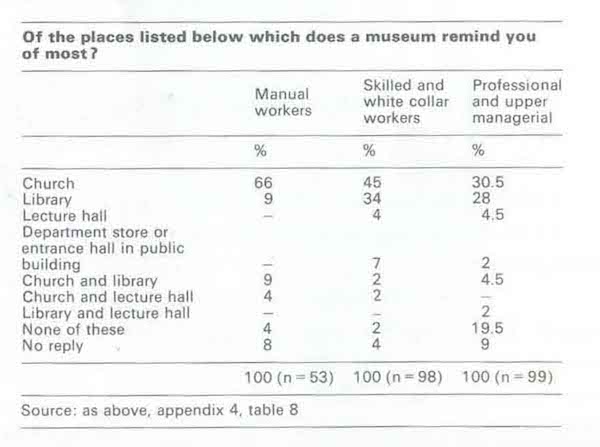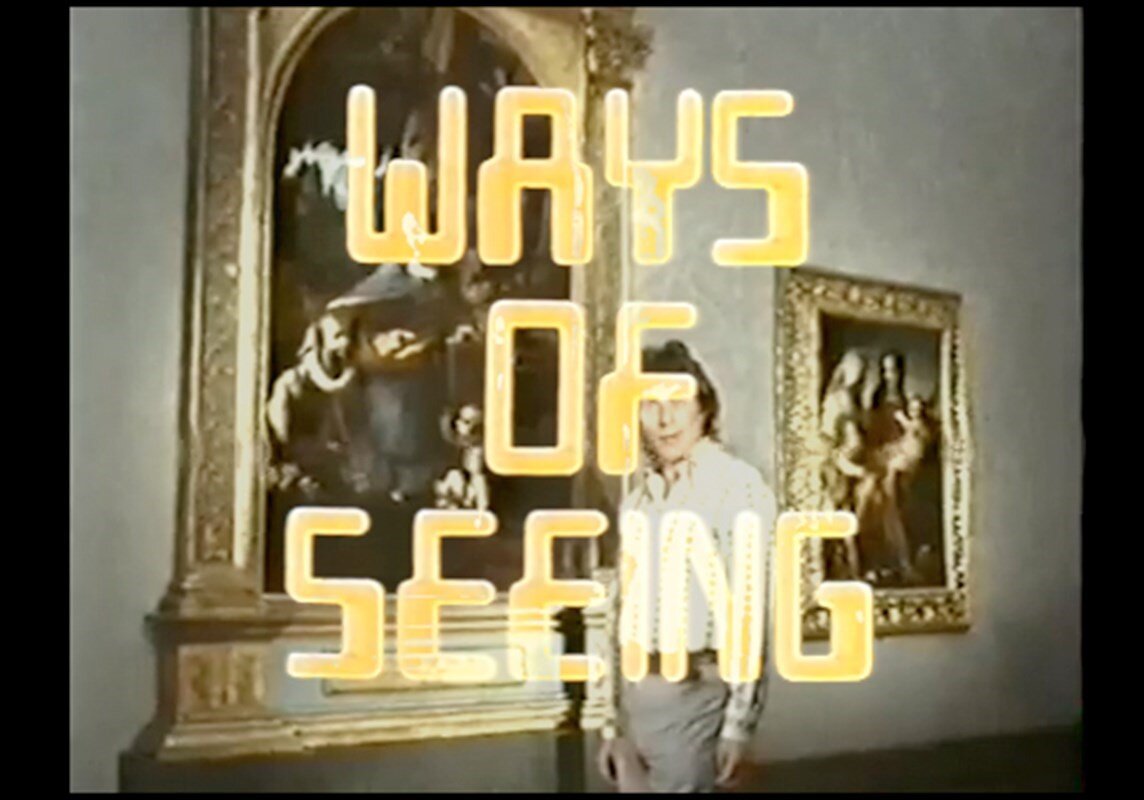

Poet Layli Long Soldier, in “38,” juxtaposes the language of treaties between the US government and indigenous American tribes with historical and current indigenous experiences to craft a response to a congressional resolution of apology to Native Americans.Writer and journalist Scaachi Koul, in “Hunting Season,” describes experiences at the intersection between rape culture and surveillance and reflects on their implications.Anthropology professor Anna Tsing, in “The Mushroom at the End of the World,” charts the commodity chain of the matsutake mushroom to reveal insights for renewal in an age of late capitalism.Authors include Jeff Chang, Jeannine Capo Crucet, Roxane Gay, Aubrey Hirsch, June Jordan, Scaachi Koul, Layli Long Soldier, Jenny Price, Claudia Rankine, Solmaz Sharif, Anna Tsing. The eleven new selections range from the intimately personal to the conceptual and global.

Urgent new readings of conceptual and experiential power that demand careful consideration. By bridging the gap between contemporary critical theory and composition, Ways of Reading allows instructors to work with their composition students on pieces they’re excited about.
#John berger ways of seeing summary chapter 1 how to#
The readings and assignments in Ways of Reading are difficult, but the process is rewarding thousands of instructors have successfully taught hundreds of thousands of students how to read and write using this method.Īn approach that complements the interests of graduate students and new PhDs. Questions following each selection scaffold the process of forming options, guiding students through careful rereading, writing about the text, and making connections between texts.Ī challenging book like no other-and a proven success. A significant introductory essay engages with the concept and complexities of critical reading, while substantial headnotes provide both biographical and conceptual context for each selection.

Pedagogy that helps students approach-and join in-complex conversations. The sequences offer students intellectual models to work from and inspire engaged writing on topics from autobiography to expertise. These texts offer powerful readings of ordinary experiences, by essential voices such as Edward Said, Michel Foucault, and Gloria Anzaldua, as well as Jeff Chang, Ta-Nehisi Coates, and Solmaz Sharif.Īssignment Sequences that position texts as lenses through which to view other selections and to frame ideas for writing. (Re)readable texts that are worth extended work. And especially in this edition, with new readings on topics such as white rage, ethical relationships, and sexual violence, this work pays off, preparing students to address (as community members, citizens, and future leaders) the urgent problems that cannot be ignored, and that soon will be theirs alone to solve.Įmpower students by making the classroom a place of intellectual exploration This is a book that asks instructors and students to do more - to approach difficulty as multi-dimensional, in conceptual, historical, narrative, and practical aspects. With deeply thought-provoking readings from writers like Ta-Nehisi Coates, Judith Butler, and Anna Tsing, combined with a supporting structure of sequenced questions for rereading, discussion, and writing, Ways of Reading empowers students to engage with complex material and difficult concepts.Ī robust introduction to critical reading, coverage of writing beyond the traditional essay, and assignment sequences all help instructors make the classroom a place of intellectual exploration. Based on the concept that texts should be considered in relation to each other, Ways of Reading fosters academic habits of mind as it carefully walks students through analyzing and writing about complicated ideas.

Ways of Reading embraces this challenge by inviting students into the process and treating them with respect. Reading and writing is difficult, messy work.


 0 kommentar(er)
0 kommentar(er)
